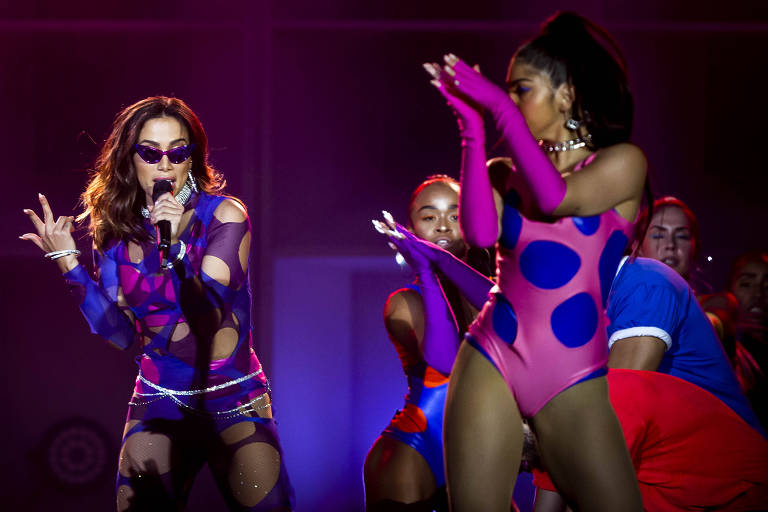Brazilians like Brazilian music. This is evident when one listens to programming most radios.
A survey by DeltaFolha, based on the most played tracks on Spotify in several countries, confirms the perception.
"Whether it's because our language separates us from Latin America, or because of our continental dimensions, Brazilian music has always been much more important than other genres for us," said Eduardo Vicente, who has a doctorate of communication science from USP and is a researcher of popular music. "No country in Latin America has a percentage of domestic repertoire consumption like ours. We can compare ourselves to the US, Japan, countries in Europe."
In addition to language, Vicente believes that our export difficulty has to do with the industry. "Brazil is a good market for international companies," he says. "But they had no interest in competing with other artists there."
Today, funk can even make the Latin American charts, but the international success of our production is still limited to hits and occasional situations--as it had been with bossa nova.
But this isolation has more to do with a preference for national music than the absence of hits abroad.
A study by Nopem, Nelson Oliveira Market Research, which lists, by year, the bestselling albums in the country since 1965, shows that a majority were Brazilian artists. Even gringo hits hit here in translated versions, common from the beginning of the last century to the "shallow now" by Paula Fernandes.
For the professor, as the tropicalists believed, international music entered Brazil mixed - or "anthropophagized."
Translated by Kiratiana Freelon
